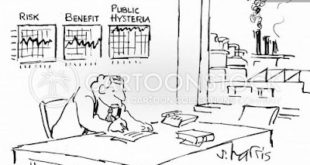Hysteresis, not hysteria New paper by Thomas Palley. From the abstract:This paper argues for broadening the application of hysteresis to institutions, policy lock-in, psychology, identity, and economic ideas. Hysteresis is an element of historical processes, and the real world is historical. That explains why hysteresis is pervasive and important. Hysteresis should be a fundamental building block of political economy. Expanding its application in economics is both an opportunity and a...
Read More »Why “Output Gap” Is Inadequate
by Lekha Chakraborty and Amandeep Kaur[1] The macroeconomic uncertainty during the Covid-19 pandemic is hard to measure. Economists and policymakers use the “output gap” variable to capture “slack.” It is a deviation between potential output and actual output, which is a standard representation of a “cycle.” The potential output is an unobserved variable. There is an increasing concern about the way we measure potential output—decomposing the output into trends and cycles. This is...
Read More »Why “Output Gap” Is Inadequate
by Lekha Chakraborty and Amandeep Kaur[1] The macroeconomic uncertainty during the Covid-19 pandemic is hard to measure. Economists and policymakers use the “output gap” variable to capture “slack.” It is a deviation between potential output and actual output, which is a standard representation of a “cycle.” The potential output is an unobserved variable. There is an increasing concern about the way we measure potential output—decomposing the output into trends and cycles. This is...
Read More » Heterodox
Heterodox

